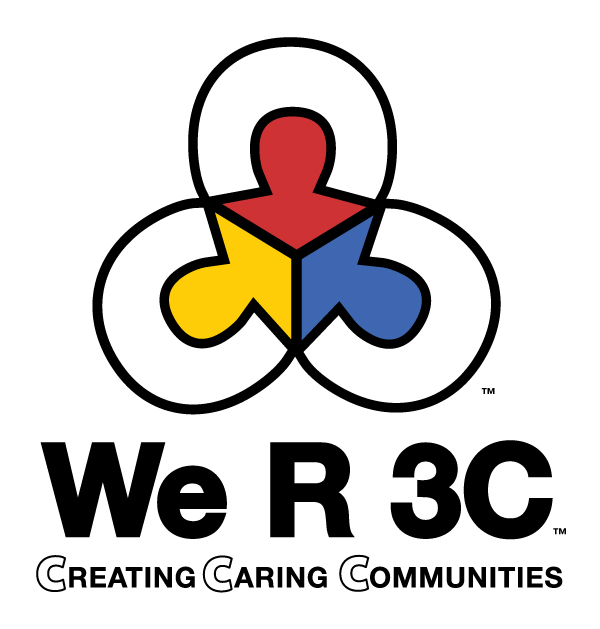“Paying Our Pain Forward”
We’re all familiar with the phrase “Paying it forward”. When we hear that phrase we use it in reference to one responding to an act of kindness bestowed upon them, with a kind act to another person. It’s important to understand though, that we continually pay forward how we are affected by the way we are treated by others throughout the day. That payment may be in the form of a conscious act or as a spontaneous, unconscious reaction to a given situation. If someone causes our life to be more pleasant with a simple demonstration of benevolence, we may take that demonstration with us into our day and see it manifested in many different ways. It may appear in offering a simple smile to the next person we meet up with. It may be demonstrated as an act of understanding toward someone who may be irritating us with their behavior. Or it could simply show up as a gesture of goodwill, that was seeded by the kindness shown to us and caused us to be in an un-agitated state of mind. Each of these gestures may have escaped us had we not been influenced by the act of kindness or consideration that we received from another person on that day.
The reverse of this is true as well. We are very susceptible to and often do “pay our pain forward”. When we’ve been attacked, subjected to hurtful words or behaviors, feeling slighted, or even being ignored, we could very well consciously or unconsciously, pay forward the pain we feel from that action, to others we interact with during our day.
With the use of understanding we may very well be able to stop our pain from moving forward into our day, our state of mind and our relationships with others. What is understanding? It’s meaning is a bit ambiguous at times. Understanding is knowing why someone may be behaving in a given way at a given time. If someone hits their finger with a hammer as you walk into the room offering them a congenial greeting and they lash out at you, you can immediately apply understanding by knowing that their condition of being in immense pain, may be the cause of their harsh words. Their behavior may have nothing to do with you and the aggressive behavior they’re demonstrating may indeed be very uncharacteristic of them. Our irrational response to another person’s hurtful behavior may be founded in our own lack of how to apply understanding to stressful situations that we face in our lives. We can change this if we can learn to move throughout our day consciously realizing and recognizing that people’s behaviors have sources that we sometimes know and many times do not know. We can better “understand” why they’re behaving in the manner they are, by holding back our knee jerk, aggressive response and thinking about what may have caused them to act the way that they did. When someone is hurting you, it could very well be an instance of that person paying their pain forward. How can we respond to that in a productive way? Rather than paying the pain that’s been caused to us forward by driving it back to the person that’s hurt us, or taking the pain from the situation, allowing it to brew and then be eventually passed on to someone else, we can consciously make an effort to stop ourselves from internalizing and personalizing the pain and attempt to apply “understanding”. We can stop to think of why the person may have behaved toward us the way that they did. We may or may not know what the real reason is, but taking pause with the situation it will allow you to let the action move past you and not inflict damage. Then if possible, offer something that may relieve their pain just a bit. You don’t have to solve their problem or probe their personal space, but you can offer a smile, a kind word or a compassionate heart in return. It’s very important to know that this is not saying that one should let someone consistently bludgeon them or use them as their whipping post. Chronic, dysfunctional situations such as those require much more sophisticated attention paid to them than what is being proposed here.
By developing your ability to gain understanding and use it to process hurtful situations, you may be more able to sidestep personal anxiety while at the same time, become a positive force in alleviating hurt in others. When you are being hurt by someone, know that you may indeed be experiencing an event where someone is paying their pain forward and as fate would have it, you just happen to be the person standing in front of them.

Comments are closed.